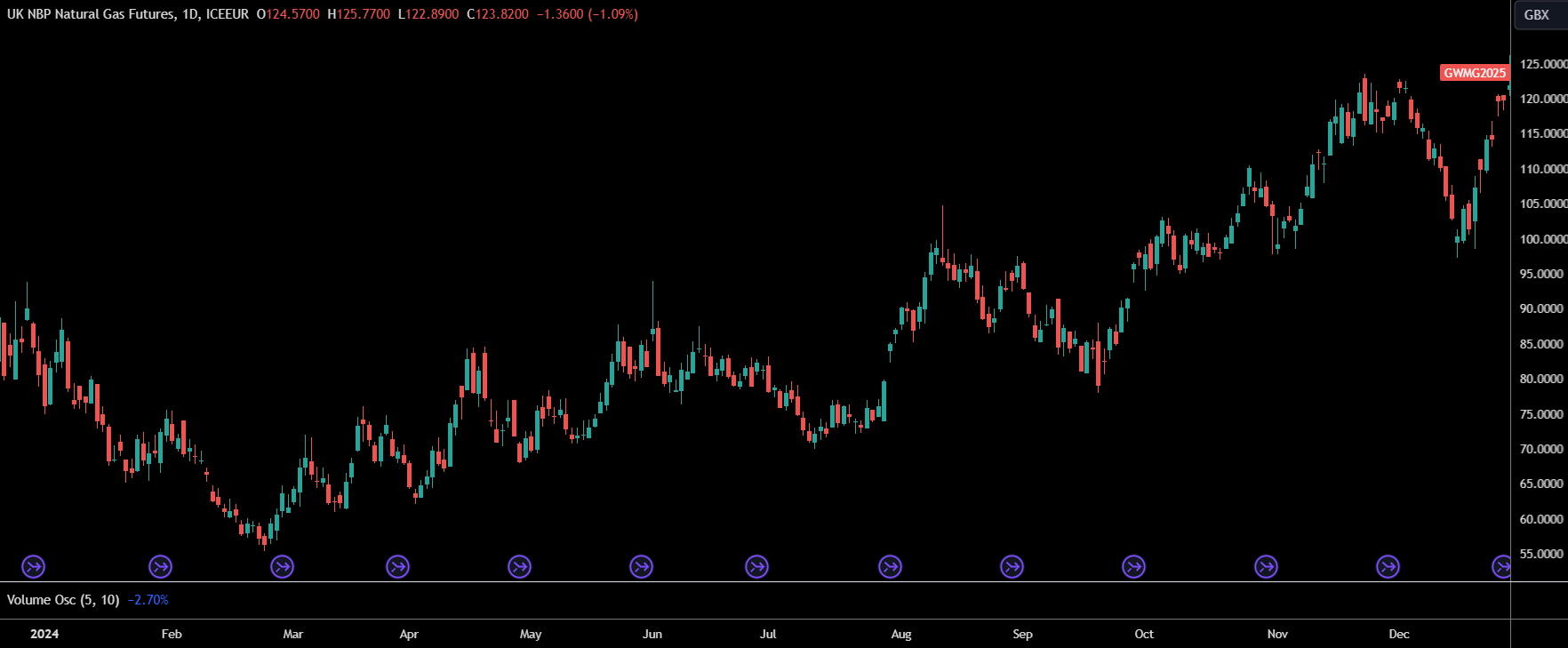Understanding Your Energy Bills: Unit Rates
Understanding Your Energy Bills: Unit Rates
What are Unit rates?
Unit rates are the price you pay for each kilowatt hour (kWh) of gas or electricity you use. They are typically the largest charge on your energy bill and are directly related to how much energy you consume.
Unit rates vary from supplier-to-supplier, and they will normally remain fixed for the duration of a contract. However, when comparing the market to find a deal, they will vary daily. Meaning the timing of signing your contract can greatly impact the rates you pay for the duration of the contract.
Which factors affect the unit rates a supplier will offer?
Unit rates are typically influenced by a number of factors, including:
- The cost of fuel: The cost of gas and electricity is linked to the global price of fossil fuels, such as oil and gas. The UK relies heavily on gas, even for electricity production, so fluctuations in wholesale gas markets can have a large impact on the unit rates being offered.
- The cost of infrastructure: The cost of building and maintaining the energy grid is also passed on to consumers through unit rates.
- The perceived risk/volatility in markets: During times of perceived higher volatility, suppliers will look to price in a larger cushion between the wholesale prices they are paying and the unit prices they offer. This is designed to limit their risk should the wholesale prices rise significantly.
- The supplier's profit margin: Energy suppliers make a profit on the energy they sell, which is also factored into unit rates. With different suppliers having different approaches to the margins they apply to each customer.
How to reduce your unit rates
In a fixed contract the unit rate will remain the same for the contract’s duration. However, there are a few ways to ensure you get the best available unit rates when signing your contract:
- Comparing as many suppliers as possible: Energy suppliers compete for customers, so it is possible to find a better deal by switching to a different supplier. By shopping around and completing a full-market comparison, you can see which supplier is offering the best rates for the length of contract you desire.
- Timing when to renegotiate your contract: You can typically sign your next contract up to 6 months before the end of your existing contract. By paying attention to the market, existing trends, and which variables are likely to influence future prices, you can try to sign your contract at the most opportune time. For analysis on how the market is moving and the key factors impacting price, sign up for our free monthly market updates and receive advice on how the markets are moving: https://www.seemoreenergy.co.uk/newsletter
- Flexible Contracts: With a flex contract you don’t sign a fixed unit rate, but instead can purchase your energy for upcoming months and seasons. With this type of contract you often avoid the risk premiums included in fixed-price contracts.
If you would like more information on any aspect of your energy bills or would like us to conduct a free full-market comparison on your behalf, get in touch and we’ll happily work to assist with your business energy needs. We aim to provide the confidence and accountability that allows you to revert back to the core focus and operations needed in other areas of the organisation.
To learn more about how I can help, feel free to contact me at adam@seemoreenergy.co.uk or fill in the form below and one of our skilled team members will be in touch.
Contact Us about assisting with your energy contracts










